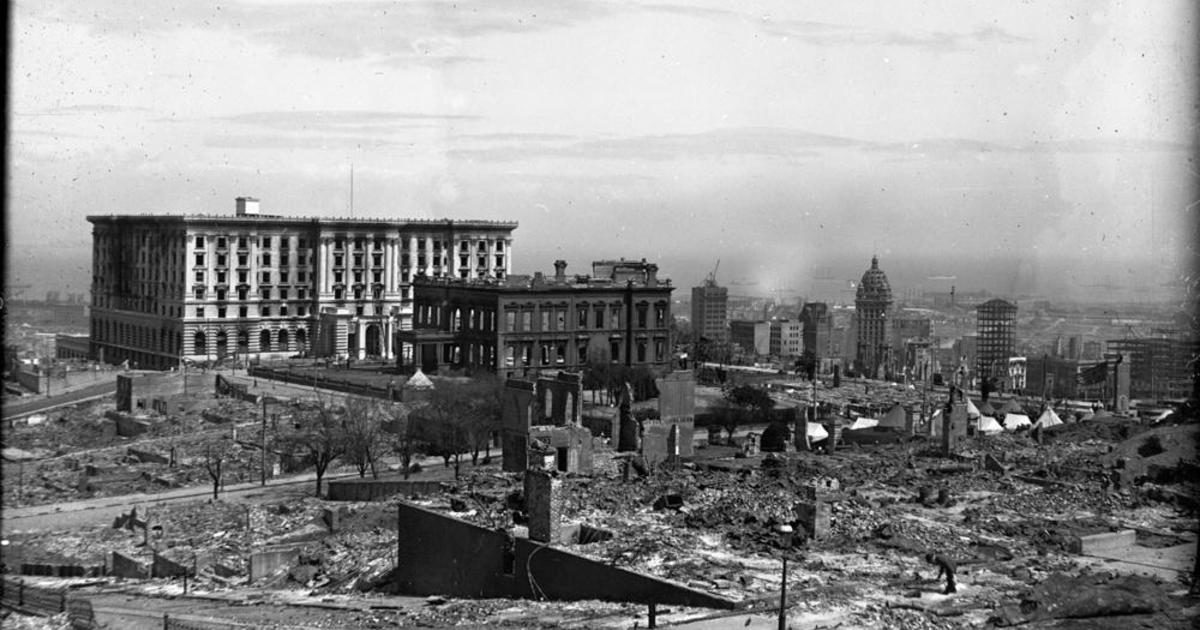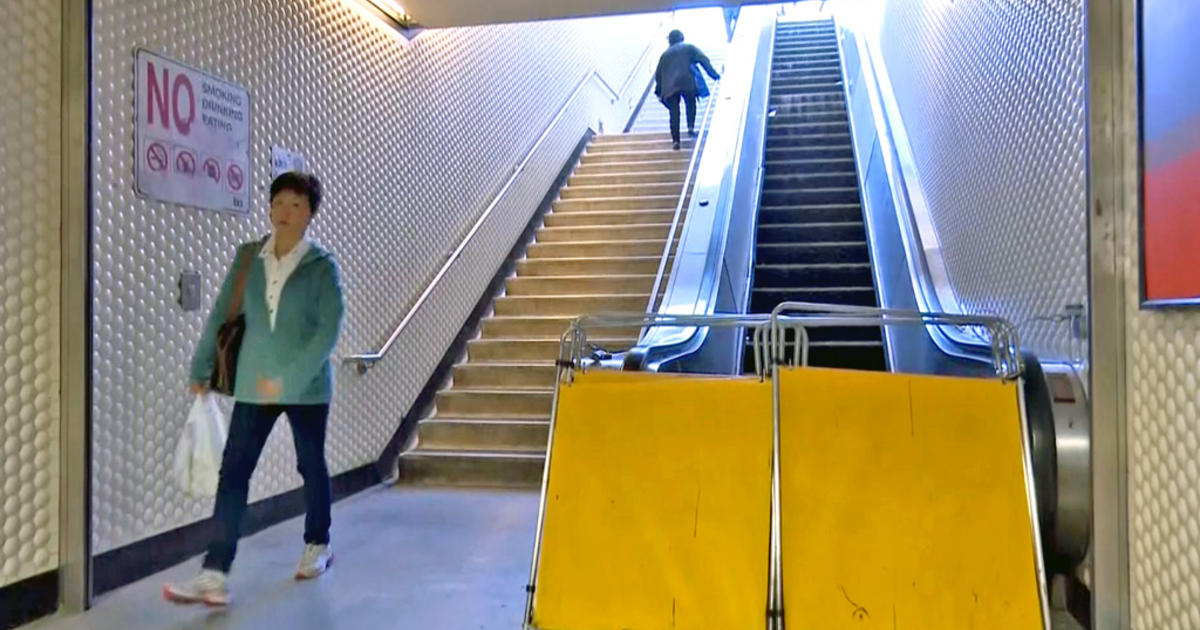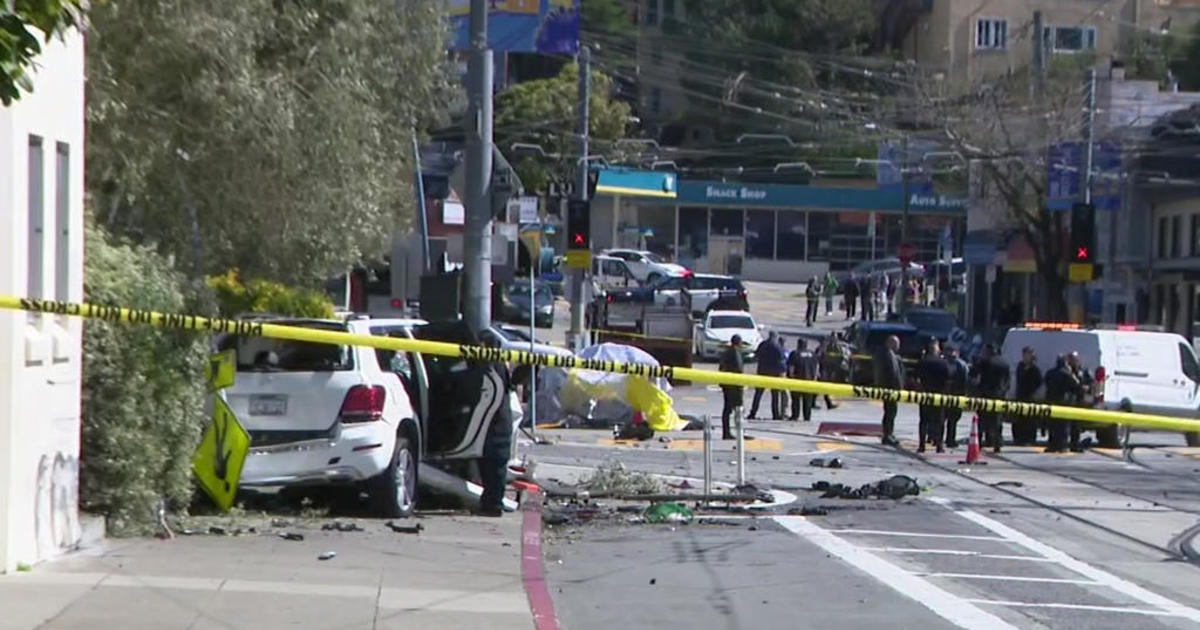Governor's Panel Told BART, Unions Millions Of Dollars Apart On New Contract
OAKLAND (KCBS/KPIX 5) - Bay Area Rapid Transit and its unions remain tens of millions of dollars apart in their contract proposals despite bargaining since Apr. 1, the two sides said during four hours of testimony Wednesday before a three-member board appointed by California Gov. Jerry Brown to investigate the contract dispute.
Both sides repeatedly disputed the exact amount of the difference. BART officials put the number at $100 million over four years, while union leaders contended the figure was actually $65 million for a three-year contract.
Either way, BART senior attorney Vicki Nuetzel summed it up by telling the panel: "There is a significant gap in the proposals" and "we are far apart."
VIDEO 1:Watch BART Management's Board Testimony
VIDEO 2:Watch BART Unions' Board Testimony
Brown ordered the investigation on Sunday into the long and difficult BART talks, temporarily averting another strike that threatened to snarl the Bay Area's commute. The unions struck for four-and-a-half days at the beginning of July before agreeing to a 30-day contract extension to allow for more talks.
The panel has until this upcoming Sunday night to submit a report to the governor. Brown will then decide whether to grant a 60-day cooling off period requested by BART. Union representatives said workers were prepared to strike next Monday if a cooling off period is not called and an agreement is not reached.
The parties were scheduled to resume bargaining Thursday and may continue talking through the weekend.
In response to a question by a panel member who asked about the chances of reaching an agreement before Monday, union negotiator George Popyack said BART hadn't engaged in serious bargaining until recently but added, "Put enough money out there and we can do it."
BART officials responded that putting more money on the table was "the position of all the unions" but said that BART's board of directors was "concerned" about where the money would come from. They also testified that workers failed to appreciate the cost of their health and pension benefits.
General manager Grace Crunican said BART was trying to balance investing in workers with the financial health of the transit system, and noted the challenges in doing so were substantial.
"I'd like to re-state the board's commitment that whatever package we ultimately agree to must be good for the long-term sustainability of the system and to our employees," Crunican said.
Union leaders testified that they were "not ashamed to be bargaining to defend a middle class wage and benefit package" and pointed to prior wage concessions endured by BART employees. The comments prompted union members in the audience to applaud.
The unions contended that since the last contract in 2009, negotiated during the "Great Recession," that their members had worked under a pay freeze for four years.
"We want a fair and equitable contract that takes into account the many years with no wage increases," union attorney Vin Harrington told the panel.
BART management said it has offered to raise salaries by 9 percent, up from 8 percent, over four years. It also scrapped its proposal to have employees pay a percentage of health care premium increases. Instead, employees could pay their current $92 flat rate for the cheapest plan or pay more for higher cost plans.
However, union officials countered that the proposed raise would largely be offset by takeaways in benefits, claiming that after workers pay more for their health and pension benefits they would only see a net total compensation increase of about 1.4 percent over four years.
Governor's Panel Told BART, Unions Millions Of Dollars Apart On New Contract
BART management said the average union worker currently makes $79,000 a year in wages but Harrington said that's only true if highly-paid management officials are included and contended the average union member makes the lower figure of $66,000 a year.
Robert Balgenorth, a panel member who's president emeritus of the State Building and Trades Council of California, said the governor's board of inquiry wouldn't find fault or issue a recommendation to Brown. Rather, it will "just say here are the issues the governor has to look at" and explain the positions of BART and the unions. He said it would be left up to Brown to make the decision on whether a cooling off period is needed.
BART spokesman Rick Rice said the transit agency expected the governor to make a decision "very, very quickly" after receiving the special board's report.
(Copyright 2013 by CBS San Francisco. All Rights Reserved. This material may not be published, broadcast, rewritten, or redistributed.)



